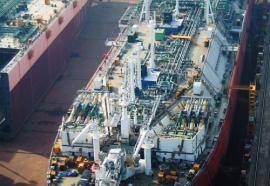After PUHCA Repeal: The State Response
Will the industry be able to meet capital investment and growth expectations?
The Energy Policy Act of 2005 gave states a new federally enforceable right to access holding company books and records, but concern remains that some of these initiatives may run counter to the goal of capital attraction.









